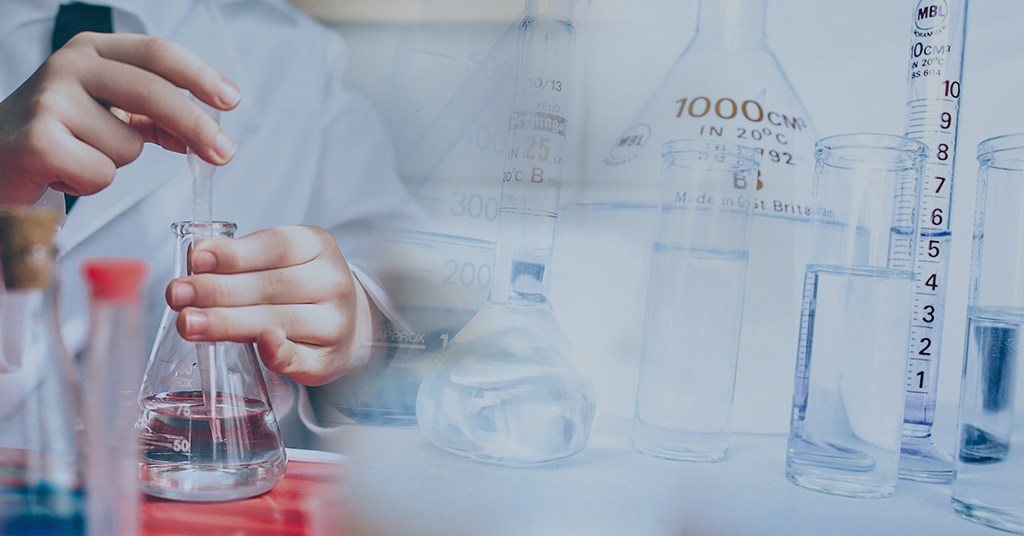Welcome To ChemAnalyst

South Korea: The electric vehicle market is seeing explosive growth and Korean battery makers are enjoying a sharp increase in sales. However, this boom is also benefiting Chinese companies that dominate the key battery materials market, particularly Lithium.
Korean battery makers rely on Chinese firms for nearly 90 percent of the Lithium, which is a fundamental component of batteries. And the numbers speak for themselves: Korea’s imports of Lithium Hydroxide, a vital material for battery cathodes, shot up to a staggering $2.16 billion in Q1 2023, representing a 490.3 percent increase from the same period last year.
Korea has witnessed a significant surge in the import of Lithium Hydroxide over the years. The country's annual imports of this substance stood at US$390 million in 2019, which rose to US$440 million in 2020 and further escalated to US$670 million in 2021. However, the year 2022 has seen an enormous spike, with imports reaching US$3.68 billion.
The Korean battery industry relies heavily on Lithium Hydroxide imports to produce cathode materials used in high-Nickel Nickel-Cobalt-Manganese (NCM) batteries. As of last year, the percentage of Lithium Hydroxide imports from China accounted for 88% of the total imports, indicating a strong dependency on the country for the supply of this crucial material.
According to recent reports, the Korean battery industry spent $3.23 billion in 2022 to import Lithium Hydroxide from China. In the first quarter of 2023, Lithium Hydroxide imports reached an astounding $1.82 billion. At this rate, imports are projected to reach $7.3 billion by the end of the year. Unfortunately, China also dominates other vital battery materials like Cobalt and Graphite. While Korean company POSCO Future M produces natural Graphite, a key component for anode materials, it sources all raw materials from Chinese suppliers. This dynamic contributes to Korea's ever-growing trade deficit with China.
The Korean battery industry is taking steps to decrease its reliance on China, prompted by efforts such as the U.S. Inflation Reduction Act (IRA). This act aims to establish a supply chain worldwide that revolves around the U.S while excluding China, further fuelling the shift. POSCO is at the forefront of the move towards attaining self-sufficiency in Lithium. In 2018, POSCO bought Salt Lake in Argentina as a means of securing Lithium resources. Posco intends to manufacture and introduce Lithium Hydroxide to the Argentinian market starting in 2024, after the plant's first phase is finished.
LG Energy Solution has entered into a business agreement with Yahua, a Chinese company, to produce Lithium Hydroxide in Morocco, Africa, in April. This agreement allows LG to meet the eligibility criteria for IRA subsidies, as Morocco has a free trade agreement with both the United States and the European Union.
We use cookies to deliver the best possible experience on our website. To learn more, visit our Privacy Policy. By continuing to use this site or by closing this box, you consent to our use of cookies. More info.
